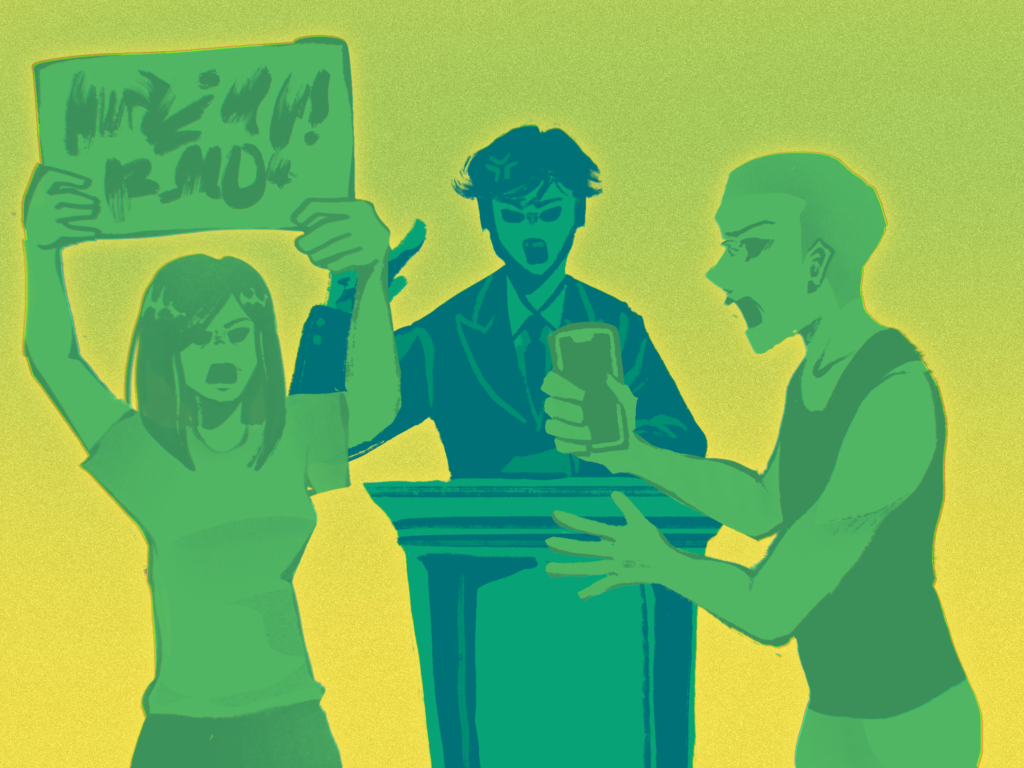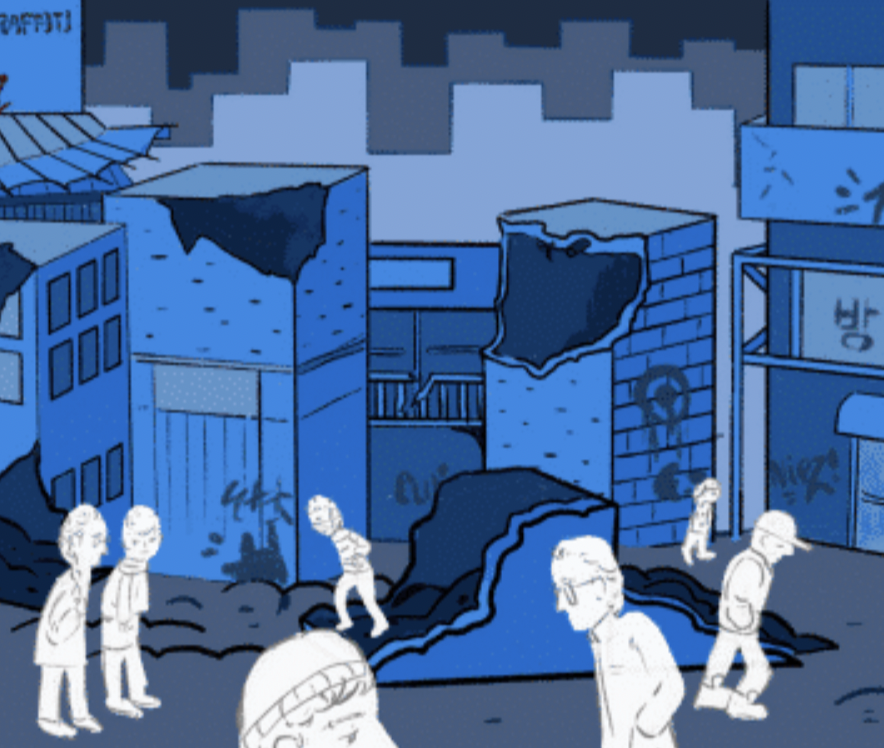The past few years have seen rapid changes in attitudes and legislation concerning the use of marijuana for medicinal and recreational purposes. Currently, 9 states and the District of Columbia have legalized recreational use, 22 have decriminalized the drug, and 31 states have legalized medicinal use. Still, thousands of people remain incarcerated, and even more have marijuana related convictions on their record, even in states where marijuana has since been legalized.
As the marijuana industry grows, many civil rights and pro-legalization advocates have called into question the righteousness of the continued incarceration and criminal records of so many individuals post-legalization. Indeed, it seems hypocritical that marijuana “entrepreneurs” make thousands of dollars selling cannabis at high volumes while marijuana “kingpins” spend years and even decades in prison for the same actions. Additionally, people with marijuana charges on their record, even far in the past, often run into obstacles when it comes to housing, federal student loans, and employment. Meanwhile, an active marijuana user in a state that has legalized marijuana would run into few obstacles regarding any of these cases despite committing the same actions. Such injustices and hypocrisies highlight the necessity for states that legalize marijuana to not just cease punishments for marijuana crimes but to expedite the process of expunging or at least commuting marijuana charges for both currently incarcerated nonviolent offenders and those with charges on their record.
To make matters worse, marijuana-related offenses disproportionately affect the African-American and Latinx communities. According to the ACLU, despite nearly equal rates of marijuana use between whites and African-Americans aged 18 to 25, between 2001 and 2010, black people were nearly 4 times as likely to be arrested on marijuana charges nationally; in some states, black people can be up to 8.5 times as likely to be arrested than whites on marijuana charges. The war on drugs has led to inequalities in nearly every step of the legal process for minorities, and marijuana charges are no exception.
Already, states such as California have begun efforts to retroactively reduce sentences and remove past marijuana offenses from criminal records, and in 2014, Colorado also began taking such steps. Still, other states have not taken the same initiatives, leaving many prisoners to watch from the inside as entrepreneurs behave similarly and even legally profit from the actions that locked prisoners away. If a state chooses to legalize marijuana, it cannot simply reap the benefits without addressing the victims of unjust policies.
Furthermore, the fates of individuals serving time in federal prison, rather than state prison, for marijuana related offenses, some serving sentences of over 20 years, are much more grim. Since marijuana remains illegal per federal law, federal charges are essentially irreversible. In order to truly end the injustices that have come with the criminalization of marijuana, the federal ban on marijuana and the Drug Enforcement Administration’s classification of marijuana as a Schedule I drug akin to heroin and LSD, must be corrected. However, thus far, no administration has made legitimate steps to altering these policies, and the Trump administration may even crack down marijuana usage. Until the federal government begins taking constructive steps to legalize pot, states that have legalized it within their own borders must do as much as they can to right the wrongs of the past by freeing nonviolent prisoners for marijuana offenses and working to remove past marijuana charges.




